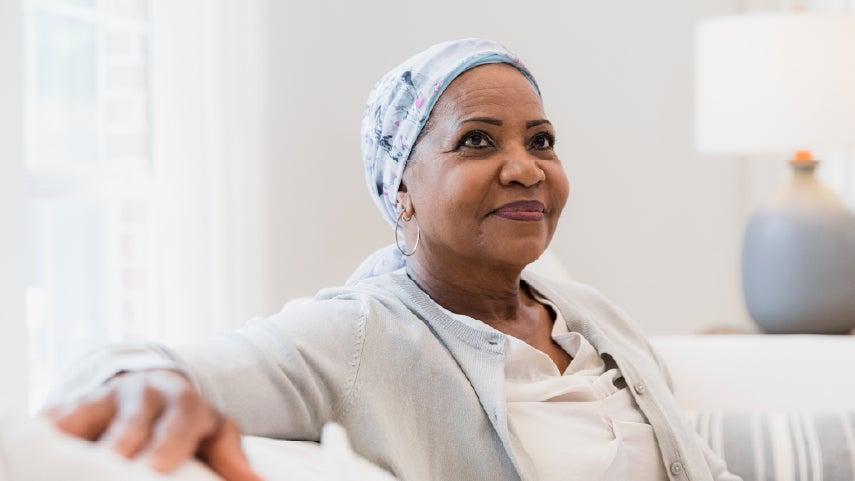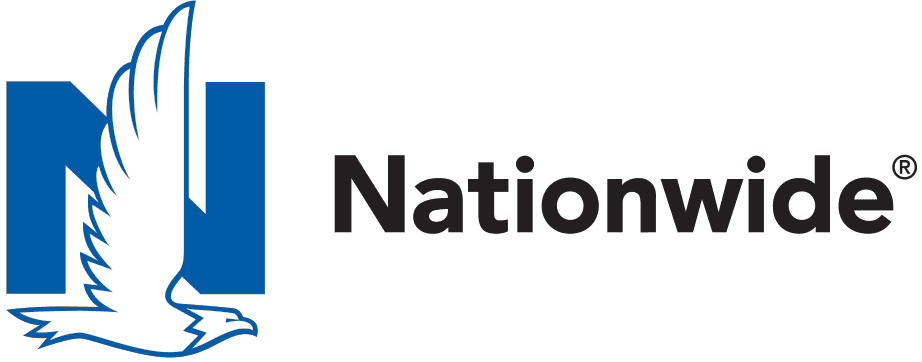Precision Health and Its Role in Cancer Survivorship
6 min read

Related Topics
Cancer survivorship focuses on the health and wellness of people living with cancer. It’s a journey that begins the moment you're diagnosed and continues through treatment, recovery, and the years beyond.
Why is survivorship care important? Cancer is a life-changing experience that doesn’t end with treatment. Even for older adults in remission, the aftermath of illness can bring new challenges: fatigue that lingers, side effects that interfere with daily life, and relentless anxiety that the cancer could return.
That’s where precision health can make a difference. This innovative approach is reshaping how survivors manage their health and well-being during and after cancer. It focuses on improving quality of life—not just extending it.
What is precision health?
Precision health refers to personalized care that takes your individual characteristics into account—things like your genes, lifestyle, environment (e.g., air quality, neighborhood walkability), and personal and family medical history. Instead of using a one-size-fits-all approach like traditional medicine does, it aims to provide the right care at the right time for you.
In the cancer realm, precision health emphasizes:
- Prevention: Pinpointing your unique cancer risk factors and developing an action plan to reduce them
- Early detection: Identifying the presence of cancer early on, increasing your odds for timely and effective treatment
- Targeted treatment: Personalizing your therapy based on the genetic profile of your cancer, and looking at your genes to determine the safest, most effective medications for you
- Recurrence monitoring: Spotting early signs of recurrence to allow for proactive intervention
- Ongoing wellness: Supporting your health and recovery well after treatment ends
Precision health often involves a team of experts, from oncologists and primary care doctors to genetic counselors, nutritionists, and physical therapists, all working together to improve your odds of a positive outcome and support your long-term health.
How does precision health improve survivorship care?
Precision health addresses many aspects of surviving cancer:
Monitoring for recurrence
Hearing the words “You’re cancer-free” brings a flood of joy and relief. But for many older adults, that elation is mixed with anxiety about the cancer coming back. In fact, 59% of cancer survivors experience moderate to high levels of fear of cancer recurrence.1
Precision health allows for recurrence monitoring that’s more accurate and less stressful for you. For instance:
- DNA-based blood tests (also called liquid biopsies) detect tiny traces of cancer DNA in your blood before symptoms even appear.
- Precision imaging techniques like positron emission tomography (PET) scans are used to diagnose and monitor conditions like cancer and heart issues, allowing clinicians to detect changes earlier and with greater detail.
- An oncology nurse navigator (ONN) manages your post-treatment services and recurrence monitoring based on your specific cancer type, treatment history, and personal risk factors—not just a standard schedule. This enables you to get back to your life and focus on your recovery.
Managing long-term side effects
Cancer treatments like chemotherapy are powerful, designed to destroy cancerous tissue. But this potency can also harm healthy tissue and cells, leading to lasting physical, cognitive, and emotional effects. Sometimes, these effects don’t show up until years after treatment is finished.
Precision health can help you manage the long-term impacts of cancer treatment through tailored support:
- Rehabilitation programs: Fatigue, neuropathy, and memory or concentration issues are common struggles after cancer treatment. Outpatient rehab services (e.g., physical therapy, occupational therapy) address these problems and help you regain your mobility and independence.
- Nutrition and exercise plans: According to the American Cancer Society, cancer survivors in good health after treatment should follow the same nutrition guidelines used to help prevent cancer. A registered dietitian (RD) or registered dietitian nutritionist (RDN) can create a personalized healthy eating plan that supports your continued recovery. In the same token, following a customized exercise routine during and following treatment can improve your energy levels and help make side effects more manageable.
- Wellness resources: Mental health counseling, support groups, and survivorship clinics help you feel connected and supported during and after treatment. If medical bills are burdening your budget, there are financial assistance programs that may be able to help.
- Ongoing support: Having a dedicated oncology nurse navigator means there’s someone to talk to when you have questions or concerns—whether it’s about a new symptom or adjusting to life after treatment. An ONN serves as an advocate, information resource, and source of support to help you achieve the best quality of life possible.
Medication and symptom management
In 2022 alone, there were more than 1.25 million serious adverse drug reaction events reported and nearly 175,000 deaths in the U.S.2 Pharmacogenomics addresses this problem by investigating how our genes affect the way our body responds to certain drugs.
If you’re prescribed medications during and/or after your cancer treatment, your doctor can use pharmacogenomic testing (via a simple cheek swab) to identify drugs more likely to work well for you—and less likely to cause harmful or unpleasant side effects. This type of testing can also help your doctor recognize and avoid dangerous drug interactions.
FAQ about precision health and survivorship
Can precision health help me avoid a recurrence of my cancer?
Nothing can guarantee cancer won’t come back. But precision health tools like blood-based molecular DNA testing can help catch signs of recurrence earlier. Early detection often leads to better outcomes and less intensive treatment.
Will precision health help me manage long-term side effects like fatigue or pain?
Yes. Precision health can provide targeted support for the specific side effects you're experiencing. Whether it’s physical therapy for neuropathy or cognitive exercises for memory loss, a personalized rehabilitation plan will help you feel more in control of your recovery.
How much does precision health care cost? Will my insurance cover it?
Coverage for precision health services can vary. Some aspects of precision health, such as genetic testing and advanced imaging, may be covered if deemed medically necessary. Medicare and private insurance plans may also cover certain follow-up services, like rehabilitation care. It’s best to speak with your doctor or insurance provider to understand what’s included in your plan.
Taking the first step
If you’re a cancer survivor—or supporting someone who is—keep in mind that surviving is just the beginning. You deserve to feel well, stay active and self-sufficient, and savor life after your illness. Precision health can be a valuable part of that.
Start by talking to your oncologist or doctor about creating a survivorship care plan. This is a “roadmap” for follow-up cancer care that includes everything from recurrence monitoring and managing side effects to wellness strategies. Ask whether precision health tools like genetic testing, pharmacogenomics, or specialized support programs might be right for you.
Precision health is about empowering you to thrive in survivorship,” said Kim Scott, Chief Commercial Officer at Kadance.
“Even small steps—like joining a community support group or working with a physical therapist—can make a big difference in how you feel and how confident you are about your future. Cancer changed your life, and now it’s time to reclaim it.”
Sources
1. Maebh Kenny-Jones, et al. Fear of Cancer Recurrence and Fear of Cancer Progression, Digital Resource Engagement and Health Literacy: A Review. Current Oncology. November 29, 2024.
2. Sharath Kommu, et al. Adverse Drug Reactions. National Library of Medicine. January 10, 2024. Found on the internet at https://www.ncbi.nlm.nih.gov/books/NBK599521/



